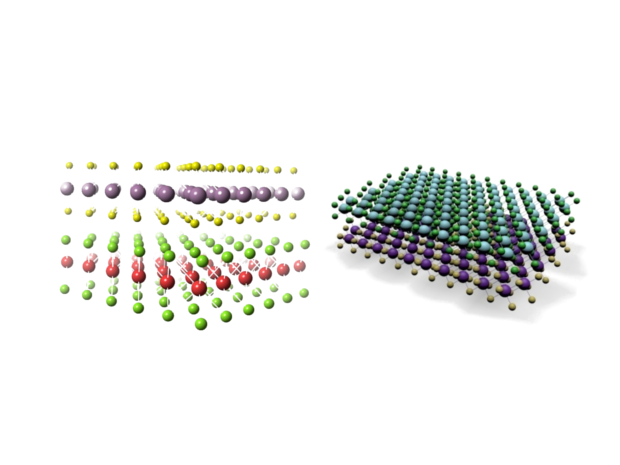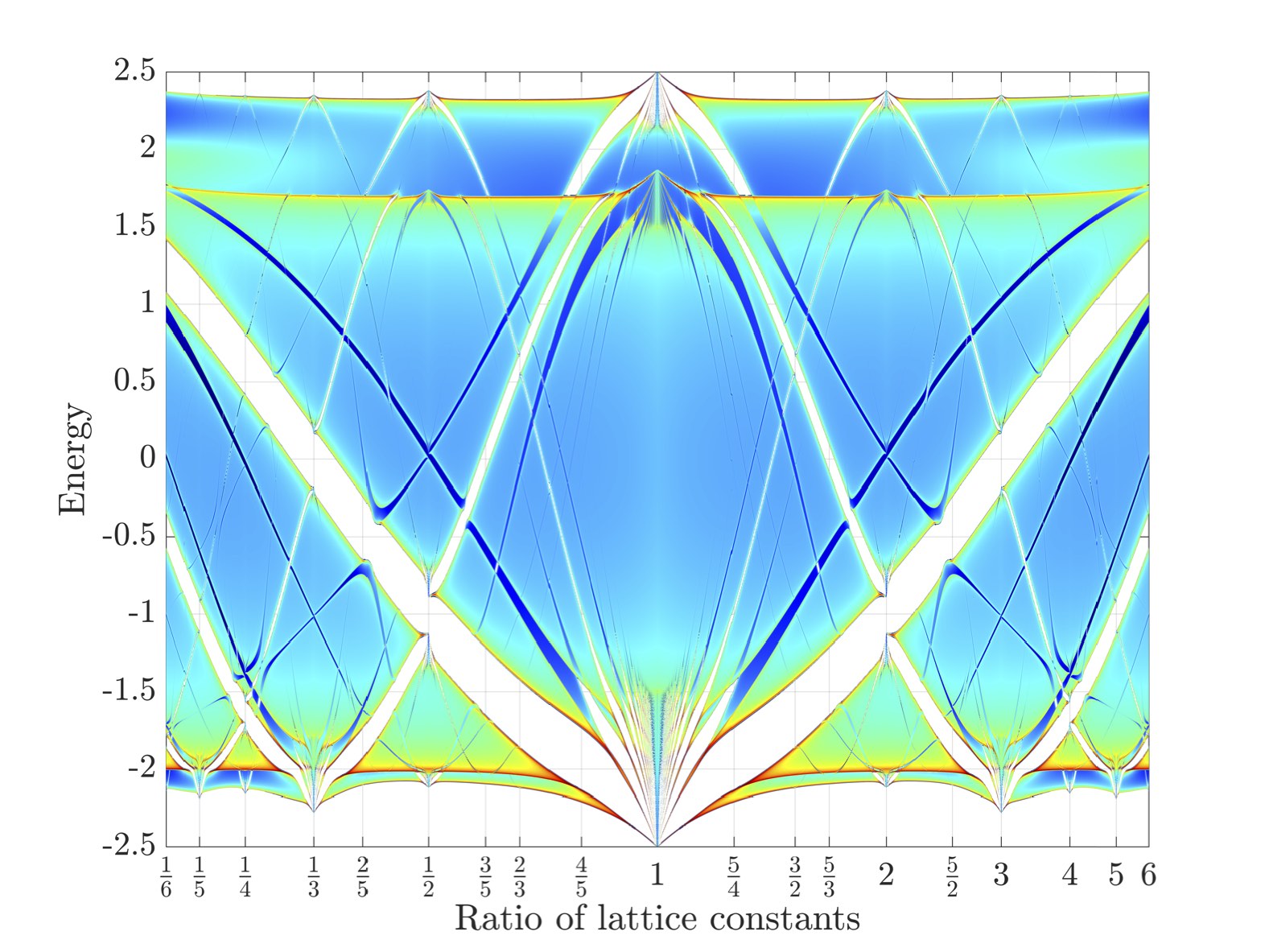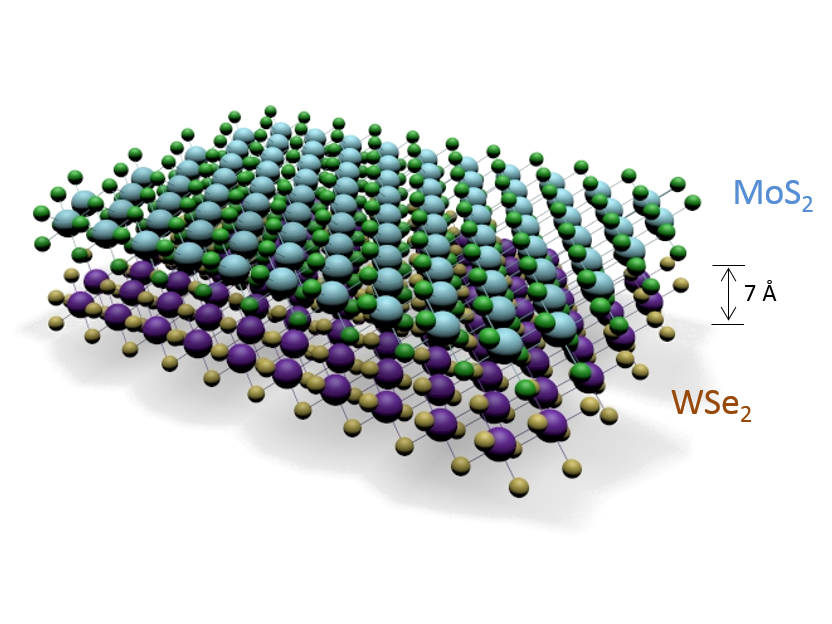Office: McBryde Room 570
(540) 231-3446
460 McBryde Hall
225 Stanger Street
Virginia Tech
Blacksburg, VA 24061-1026, USA



Office: McBryde Room 570
(540) 231-3446
460 McBryde Hall
225 Stanger Street
Virginia Tech
Blacksburg, VA 24061-1026, USA
Teaching
Spring 2023: VT CMDA 4604, Intermediate Topics in Mathematical Modeling
CMDA 4604 is an advanced course in the curriculum in Computational Modeling and Data Analytics.
We will introduce partial differential equations, explore their solution using numerical methods, and look into uncertainty quantifications.
Class website: Canvas
Syllabus
CMDA Statement on Academic Integrity
Class website: Canvas
Syllabus
CMDA Statement on Academic Integrity
Fall 2022: VT CMDA 2006, Integrated Quantitative Science II
CMDA 2006 teaches integrated topics from quantitative sciences (mathematics, statistics) preparing students for advanced computational modeling and data analytics courses in the Computational Modeling and Data Analytics major at VT.
Topics include: Intermediate linear algebra, regression, differential equations, and model validation.
Syllabus
Syllabus
Spring 2022: KU MATH 591, Applied Numerical Linear Algebra
This was an advanced undergraduate course introducing students to the fundamental concepts of numerical linear algebra, with applications to optimization and machine learning.
Syllabus
A set of partial notes from class
Syllabus
A set of partial notes from class
Fall 2021: KU MATH 581, Numerical Methods
This was an advanced undergraduate course in mathematical analysis of numerical methods.
Syllabus
(Very) tentative schedule
Syllabus
(Very) tentative schedule
Spring 2021: KU MATH 782, Numerical Analysis II
This was a second semester graduate course introducing students to the fundamentals of numerical linear algebra: numerical algorithms, matrix factorizations, error analysis and conditioning for linear equations and least squares (Gaussian elimination, LU, Cholesky, QR). Methods for the algebraic eigenvalue problem including QR iterations.
Syllabus
A set of partial notes from class
Syllabus
A set of partial notes from class
Fall 2020: KU MATH 781, Numerical Analysis I
This was a first semester graduate course introducing students to the fundamentals of numerical analysis: basics of floating point arithmetic, conditioning and stability, convergence, computational complexity; approximation and interpolation; numerical differentiation and integration; finding zeros and minimum points by iterative methods; one-step and multi-step methods for initial value problems.
Syllabus
My notes from the class
Syllabus
My notes from the class
Spring 2020: KU MATH 882, Advanced Numerical Differential Equations
This was an advanced topics course in numerical methods for partial differential equations, in particular finite elements and spectral methods.
Fall 2019: KU MATH 581, Numerical Methods
This was an advanced undergraduate course in mathematical analysis of numerical methods.
Spring 2019: KU MATH 320, Elementary Differential Equations
This was an introductory course in ordinary differential equations for math majors.
Fall 2018: KU MATH 220, Applied Differential Equations
This was a third semester course of calculus concerning applied differential equations.
Week II: First-Order ODEs (Integrating Factors, Separable Equations)
Week III: First-Order ODEs (Salt Tank Problems, Newton's Law of Cooling)
Week IV: First-Order ODEs (Autonomous equations, Existence and Uniqueness Theorem)
Week V: First-Order ODEs (Exact Equations, Conclusion) and Second-Order ODEs (Introduction, Constant Coefficients)
Week VI: Second-Order ODEs (Linear Homogeneous Equations, Wronskian)
Week VII: Second-Order ODEs (Complex Roots of the Characteristic Equation)
Week VIII: Second-Order ODEs (Repeated Roots, Reduction of Order, Undetermined Coefficients)
Week IX: Second-Order ODEs (Mechanical and Electrical Vibrations, Forced Vibrations)
Week X-XI: Systems of First-Order ODEs (Introduction, Vectors and Matrices, Basic Theory)
Course notes:
Week I: Introduction (Definitions, Classification, Direction Fields)Week II: First-Order ODEs (Integrating Factors, Separable Equations)
Week III: First-Order ODEs (Salt Tank Problems, Newton's Law of Cooling)
Week IV: First-Order ODEs (Autonomous equations, Existence and Uniqueness Theorem)
Week V: First-Order ODEs (Exact Equations, Conclusion) and Second-Order ODEs (Introduction, Constant Coefficients)
Week VI: Second-Order ODEs (Linear Homogeneous Equations, Wronskian)
Week VII: Second-Order ODEs (Complex Roots of the Characteristic Equation)
Week VIII: Second-Order ODEs (Repeated Roots, Reduction of Order, Undetermined Coefficients)
Week IX: Second-Order ODEs (Mechanical and Electrical Vibrations, Forced Vibrations)
Week X-XI: Systems of First-Order ODEs (Introduction, Vectors and Matrices, Basic Theory)
Spring 2018: KU MATH 647, Applied Partial Differential Equations
This was an advanced undergraduate course of calculus concerning applied partial differential equations.
Fall 2017: KU MATH 220, Applied Differential Equations
This was a third semester course of calculus concerning applied differential equations.
Fall 2016: MATH 2373 CSE, Linear Algebra and Differential Equations at the University of Minnesota
This was a third semester of calculus concerning linear algebra and differential equations, pitched to budding engineers.
Week III-: ODEs (First order, tangents)
Week VI: ODEs and Linear Algebra, A. Binder (Characteristic polynomial, linear independence and combinations)
Week VII-VIII: Eigenvalues, eigenvectors, diagonalization (Definition, characteristic polynomial, practical method to compute the eigenvalues and eigenvectors, diagonalization)
Week VIII: Note on Matrix Powers by Prof. Mori
Course notes:
Week I-II: Matrices (Definition, Gaussian elimination, Determinants, Inverse)Week III-: ODEs (First order, tangents)
Week VI: ODEs and Linear Algebra, A. Binder (Characteristic polynomial, linear independence and combinations)
Week VII-VIII: Eigenvalues, eigenvectors, diagonalization (Definition, characteristic polynomial, practical method to compute the eigenvalues and eigenvectors, diagonalization)
Week VIII: Note on Matrix Powers by Prof. Mori
2014: Supervision of semester projects at EPFL
- S. Amraoui, an exchange student from Polytech Nice studying at the EPF Lausanne (4th year, Master's level), a mathematics major. During the spring of 2014, she conducted a semester project under my supervision on the subject Topological Optimization for Conductive Problems, using gradient descent and Newton methods as well as the Solid Isotropic Material with Penalization (SIMP) method.
- J. Droxler, a Master's student, mathematics major at EPF Lausanne. During the spring of 2014, he conducted a semester project under my supervision on the subject Topological Optimization for Conductive Problems, using global optimization methods such as simulated annealing and genetic algorithms. He is currently continuing as a MSc student in the MCSS Chair at EPFL.